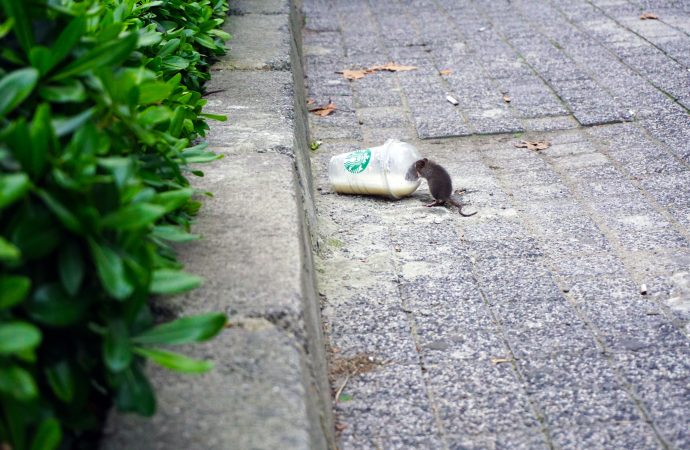Introduction: Plastic pollution has become a global crisis, with devastating consequences for both the environment and human health. While the detrimental effects of plastic on ecosystems have been extensively documented, emerging research is now shedding light on a more insidious impact: the alteration of cells in both humans and animals due to plastic ingestion. This
Introduction:
Plastic pollution has become a global crisis, with devastating consequences for both the environment and human health. While the detrimental effects of plastic on ecosystems have been extensively documented, emerging research is now shedding light on a more insidious impact: the alteration of cells in both humans and animals due to plastic ingestion. This alarming evidence underscores the urgent need to address plastic pollution and its far-reaching implications.
Scientific Studies:
A growing body of scientific studies has revealed that microplastics, tiny fragments of plastic less than 5 millimeters in size, have infiltrated various aspects of our lives, from the air we breathe to the water we drink and the food we consume. These minuscule particles, originating from sources such as plastic waste, packaging, and textiles, have made their way into the food chain and, ultimately, into our bodies.
Research has shown that microplastics can accumulate in organs and tissues, leading to cellular changes with potentially severe consequences. In humans, ingestion of microplastics has been associated with inflammatory responses, oxidative stress, and damage to cellular structures. Studies have linked plastic exposure to various health conditions, including respiratory problems, impaired immune function, and even an increased risk of certain cancers.
Impact on Animals:
Similarly, the impact of plastic ingestion on animals is concerning. Marine species, such as fish, seabirds, and marine mammals, are particularly vulnerable due to their direct exposure to plastic pollution in their habitats. Research has indicated that plastic ingestion can cause cellular damage, disrupt hormone regulation, and impair reproductive and developmental processes in marine organisms.
One key concern is the transfer of microplastics through the food chain. As predators consume prey contaminated with plastic particles, the concentration of microplastics can increase in higher trophic levels, potentially affecting animals at the top of the food chain, including humans. This phenomenon raises concerns about the long-term health effects of plastic ingestion and emphasizes the interconnectedness of ecosystems and human health.
The pervasiveness of plastic pollution necessitates a multifaceted approach to mitigate its impact. Efforts should focus on reducing plastic waste at its source, promoting recycling and responsible disposal practices, and advocating for sustainable alternatives to single-use plastics. Additionally, further research is needed to understand the extent of plastic’s impact on cellular health and to develop effective strategies to mitigate its adverse effects.
Awareness:
Public awareness and education play a crucial role in addressing plastic pollution and its potential health implications. By understanding the risks associated with plastic ingestion, individuals can make informed choices and contribute to the reduction of plastic waste. Supporting organizations dedicated to environmental conservation and advocating for policies that promote sustainable practices are also crucial steps towards a plastic-free future.
Furthermore, governments and regulatory bodies must prioritize the development and enforcement of stringent regulations to curb plastic pollution. This includes initiatives to limit the production and use of single-use plastics, encourage eco-friendly packaging alternatives, and invest in innovative technologies for plastic recycling and waste management.
The evidence of plastic-induced cellular alteration serves as a wake-up call for society. It highlights the urgency of addressing plastic pollution not only for the preservation of our environment but also for safeguarding human and animal health. Taking action now can help us mitigate the long-term consequences of plastic ingestion and pave the way for a healthier and more sustainable future.
Conclusion:
In conclusion, the mounting evidence of cell alteration due to plastic ingestion in both humans and animals demands immediate attention. The pervasive presence of microplastics in our environment calls for collective action to reduce plastic waste, promote sustainable practices, and advocate for stronger regulations. By tackling plastic pollution head-on, we can protect our ecosystems, preserve our health, and ensure a safer world for future generations.

















Leave a Comment
Your email address will not be published. Required fields are marked with *